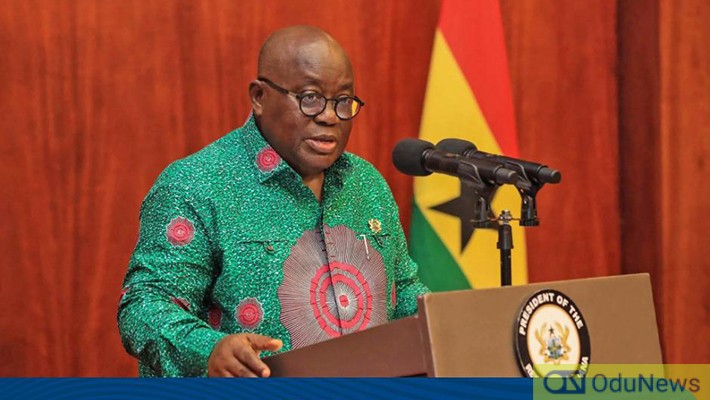The prices of goods across Ghana increased further in August as authorities in the country pegged the inflation rate at 33% from 31.7% in July.

The worsening price level hits its highest since August 2001 just weeks after the largest lending rate hike in the country’s history.
Annual imported inflation quickened to 35.2% from 33.9% a month prior, outpacing domestic price growth for a fifth month, Government Statistician Samuel Kobina Annim told reporters Wednesday in the capital, Accra.
The headline number rose for a 15th straight month to 33.9% from 31.7% in July. That’s the fastest pace since August 2001 and in the 12th consecutive month, the inflation rate has surpassed the top of the central bank’s target band of 6% to 10%. The median estimate of five economists in a Bloomberg survey was 35.1%.
The cedi has weakened more than 39% against the dollar this year and is the second-worst-performing currency in the world, after the Sri Lankan rupee. The depreciation prompted the central bank to hold a surprise meeting last month, when it raised the key interest rate by 300 basis points to 22%, the biggest margin since at least 2002, bringing cumulative increases since November to 850 basis points.
The Bank of Ghana also announced measures to boost foreign-exchange reserves and support the cedi, adding to fiscal steps taken by the government including approaching the International Monetary Fund in July for a $3 billion economic-support program to regain investor confidence.
The inflation data is unlikely to persuade the central bank to increase interest rates again when it announces its decision on Sept. 26, unless a stabilization in the currency since the August hike is reversed. Key to its stabilisation will be news on talks with the IMF that may materialize at the lender’s annual meeting in October, Simon Quijano-Evans, a London-based economist at Gemcorp Capital, said in an emailed comment.
Ghana’s worsening economic situation and reports of street protests against the growing hardships had prompted Akufo-Addo’s government to reverse its decision not to seek a bailout from the IMF.


Comments are closed.